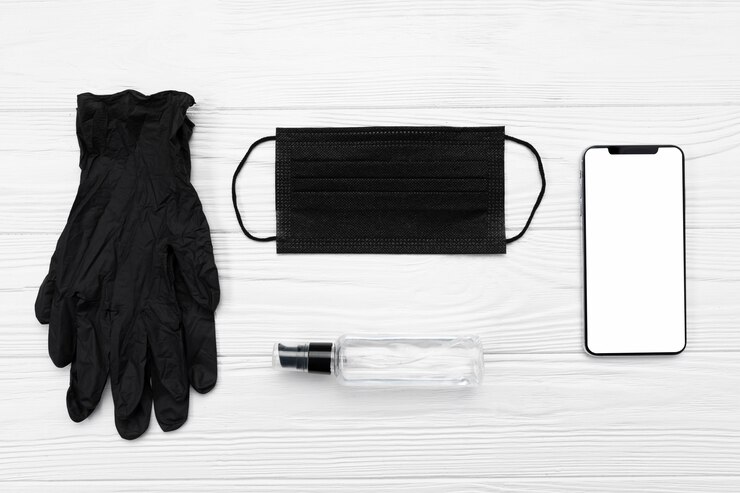
At first glance, it might seem like an N95 mask (or any other type of respirator mask) has no place in your daily life. After all, if you’re not in a particularly risky environment, why do you need to protect yourself against disease? Unfortunately, the world we live in today means that we’re constantly exposed to germs and viruses that can potentially cause severe illness or worse.
If you’ve never heard of an N95 mask, you may be wondering exactly what it does and why it should be worn in the first place. Healthcare professionals commonly use these masks to help prevent the spread of airborne diseases like the common cold or flu, but anyone can wear them and reap their benefits!
Inhalation Risks
N95 masks are different from surgical masks in protecting against inhalation risks. They cover the nose and mouth, blocking out particles in the air like dust and pollen. N95 masks have been proven to significantly benefit people with asthma, allergies, or chronic obstructive pulmonary disease (COPD).
Infectious Disease Transmission
According to the Centers for Disease Control and Prevention (CDC), many infectious diseases can be transmitted through the air. The most common air-borne diseases are influenza, tuberculosis, chicken pox, measles, and whooping cough. The CDC also reports that airborne infections occur when a person sneezes or coughs while in close contact with others, such as on public transportation or in schools.
N95 masks block more than 95% of particles that could otherwise enter your nose and mouth. These microscopic particles can cause health problems like severe bronchitis and even death if you’re exposed to them over a long period. If you wear one regularly, you’ll reduce your chances of coming into contact with these dangerous contaminants, ultimately leading to a healthier lifestyle overall.
Respiratory Protection
N95 masks filter small particles that can pass through the nose and mouth into the lungs. These filters have a 95% efficiency rating, meaning they reduce your risk of contracting diseases by 95%. Furthermore, they are inexpensive and easy to use. This is why it is important to wear a mask when you know there will be high levels of particulate pollution.
How to Select a Respirator
The most common type of respirators are masks, which cover just the nose and mouth. There are two types: particulate respirators (N95) and gas respirators (PAPR). Particulate respirators filter out particles from the air, including dust, dirt, mold spores, pet dander, and smoke; gas masks filter out gases such as sulfur dioxide.
Respirators come in either a disposable or reusable form. Disposable respirators should be discarded when they no longer work effectively. In contrast, reusable respirators can be cleaned with a moist cloth or placed in boiling water for five minutes to disinfect them. In some cases, you may need to use more than one mask at a time if there is a risk of exposure to more than one type of particle or gas.
Final Thoughts on Respirator Masks
Suppose you work in a business that requires you to be around large numbers of people, like the healthcare industry. In that case, taking precautions is important to protect yourself from infectious diseases. One way is to wear a respirator mask. Not only do these masks protect you from communicable diseases, but they also protect against other air-borne illnesses like the common cold or flu. If you want a brand you can trust, try BNX N95 Masks.
Also Read: How To Get Hired In The Vending Machine Industry.
